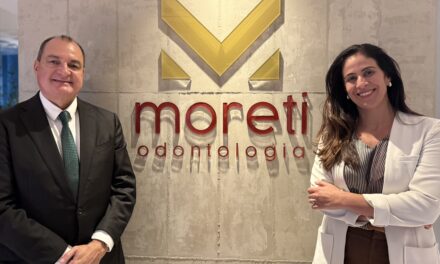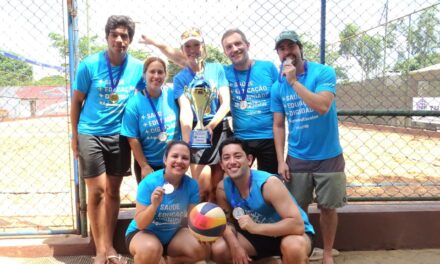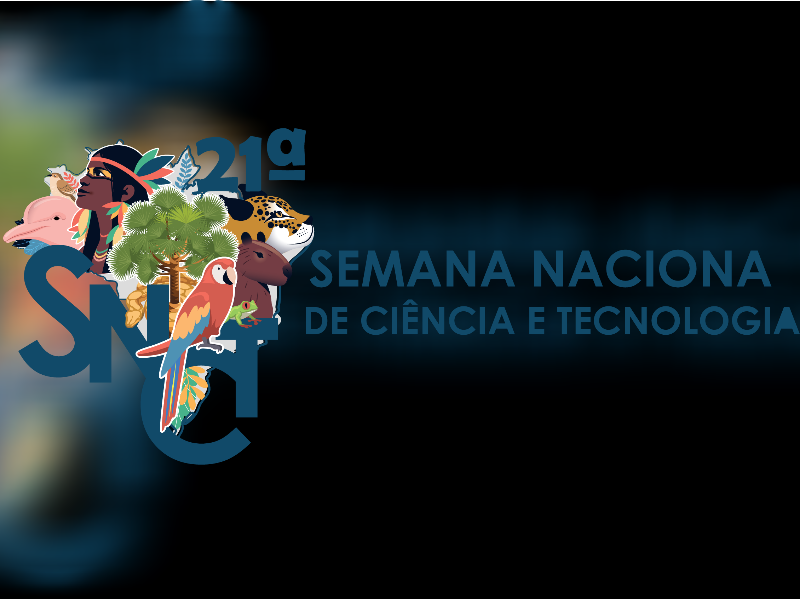The 21ª Semana Nacional de Ciência e Tecnologia (21st National Week of Science and Technology) (SNCT) is currently underway, taking place from November 5 to 10, 2024, at the National Museum of the Republic in Brasília. This annual event, organized by the Ministry of Science, Technology, and Innovations (MCTI), is one of Brazil’s largest efforts to popularize science and technology, bringing together thousands of participants from all regions of the country.
Theme and Objectives
This year’s theme, Biomas do Brasil: Diversidade, Saberes e Tecnologia Sociais (Biomes of Brazil: Diversity, Knowledge, and Social Technologies), highlights the importance of Brazilian biodiversity and the role of traditional knowledge in building a sustainable future. The SNCT aims to value and protect the richness of Brazil’s biomes, promoting the integration of traditional knowledge and social technologies.
Program and Activities
Throughout the week, visitors can participate in a variety of activities, including lectures, workshops, fairs, and meetings. The schedule includes:
– Science Fair: Presentation of winning projects from the regional stages of the Science Fair in the Federal District.
– Guided Tours: SESI Lab offers guided tours on November 5, 6, 7, and 8 at 9 AM, 11 AM, 2 PM, and 4 PM.
– Shows and Performances: Performances on November 9 and 10 at 5 PM.
– Stalls: Various stalls from institutions like the National Institute for Space Research (INPE), National Institute of the Atlantic Forest (INMA), and many others.
21st National Week of Science and Technology: Celebrating Innovation and Biodiversity
– Location: National Museum of the Republic, Brasília, DF. (click here for location on Maps)
– Date: November 5 to 10, 2024.
– Hours: From 8:30 AM to 5 PM, except on November 6, when the event extends until 9 PM.
– Admission: Free and no prior registration required.
– Age Rating: Suitable for all audiences.
The SNCT is an opportunity to explore the diversity of Brazil’s biomes and discover how the integration of traditional knowledge and social technologies can contribute to a more sustainable future.
Português
21ª Semana Nacional de Ciência e Tecnologia: Celebrando a Inovação e a Biodiversidade
A 21ª Semana Nacional de Ciência e Tecnologia (SNCT) está em pleno andamento, ocorrendo de 05 a 10 de novembro de 2024, no Museu Nacional da República, em Brasília. Este evento anual, organizado pelo Ministério da Ciência, Tecnologia e Inovações (MCTI), é um dos maiores esforços de popularização da ciência e tecnologia no Brasil, reunindo milhares de participantes de todas as regiões do país.
Tema e Objetivos
O tema deste ano, “Biomas do Brasil: Diversidade, Saberes e Tecnologia Sociais”, destaca a importância da biodiversidade brasileira e o papel dos saberes tradicionais na construção de um futuro sustentável. A SNCT busca valorizar e proteger a riqueza dos biomas brasileiros, promovendo a integração entre conhecimentos tradicionais e tecnologias sociais.
Programação e Atividades
Durante a semana, os visitantes podem participar de uma variedade de atividades, incluindo palestras, oficinas, feiras e encontros. A programação inclui:
Feira de Ciências: Apresentação de projetos vencedores das etapas regionais da Feira de Ciências do Distrito Federal.
Visitas Guiadas: SESI Lab oferece visitas guiadas nos dias 05, 06, 07 e 08 de novembro, às 9h, 11h, 14h e 16h.
Shows e Apresentações: Shows nos dias 09 e 10 de novembro, às 17h.
Estandes: Diversos estandes de instituições como o Instituto Nacional de Pesquisas Espaciais (INPE), Instituto Nacional da Mata Atlântica (INMA), e muitos outros.
21ª Semana Nacional de Ciência e Tecnologia: Celebrando a Inovação e a Biodiversidade
Local: Museu Nacional da República, Brasília, DF.
Data: 05 a 10 de novembro de 2024.
Horário de Funcionamento: Das 8h30 às 17h, com exceção do dia 06 de novembro, quando o evento se estende até às 21h.
Entrada: Gratuita e sem necessidade de inscrição prévia.
Classificação Indicativa: Livre para todos os públicos.
A SNCT é uma oportunidade para explorar a diversidade dos biomas brasileiros e descobrir como a integração entre saberes tradicionais e tecnologias sociais pode contribuir para um futuro mais sustentável.








